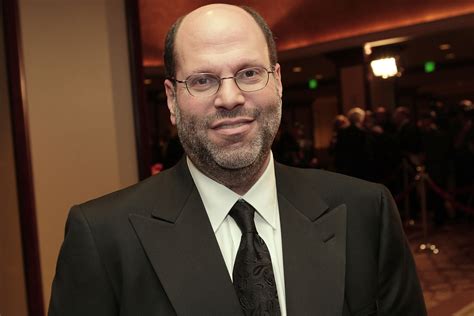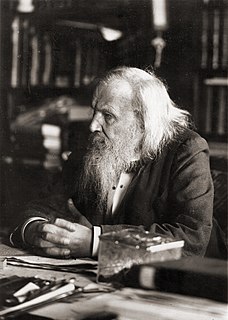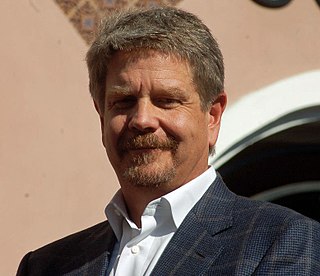A Quote by Virginia Postrel
We are material creatures who spend much of our lives on material pursuits (even building a cathedral or writing a novel requires stone and mortar or paper and ink).
Related Quotes
I always write a draft version of the novel in which I try to develop, not the story, not the plot, but the possibilities of the plot. I write without thinking much, trying to overcome all kinds of self-criticism, without stopping, without giving any consideration to the style or structure of the novel, only putting down on paper everything that can be used as raw material, very crude material for later development in the story.
Every once and a while somebody writes a script, but even regardless of what age you are, most of the actors would all agree that it's all based upon material and the material has got to spark with you. It may be great material but you think it's great material for somebody else. Or it's great material and I'm perfect for it. So, you just have to make that judgment and if you feel in the mood to do it.
I don't even own a computer. I write by hand then I type it up on an old manual typewriter. But I cross out a lot - I'm not writing in stone tablets, it's just ink on paper. I don't feel comfortable without a pen or a pencil in my hand. I can't think with my fingers on the keyboard. Words are generated for me by gripping the pen, and pressing the point on the paper.
We are unlikely to spend our last moments regretting that we didn't spend enough of our lives chained to a desk. We may instead find ourselves rueing the time we didn't spend watching our children grow, or with our loved ones, or travelling, or on the cultural or leisure pursuits that bring us happiness.
My writing is of a very different kind from anything I've heard about. All this mythological material is out there, a big gathering of stuff, and I have been reading it for some forty- or fifty-odd years. There are various ways of handling that. The most common is to put the material together and publish a scholarly book about it. But when I'm writing, I try to get a sense of an experiential relationship to the material. In fact, I can't write unless that happens ... I don't write unless the stuff is really working on me, and my selection of material depends on what works.
Gorgeous, amazing things come into our lives when we are paying attention: mangoes, grandnieces, Bach, ponds. This happens more often when we have as little expectation as possible. If you say, "Well, that's pretty much what I thought I'd see," you are in trouble. At that point you have to ask yourself why you are even here. [...] Astonishing material and revelation appear in our lives all the time. Let it be. Unto us, so much is given. We just have to be open for business.
No writer, I believe, should attempt a novel before he is thirty, and not then unless he has been hopelessly and helplessly involved in life. For the writer who goes out to find material for a novel, as a fishermen goes out to sea to fish, will certainly not write a good novel. Life has to be lived thoughtlessly, unconsciously, at full tilt and for no purpose except its own sake before it becomes, eventually, good material for a novel.
Of all the art forms, poetry is the most economical. It is the one which is the most secret, which requires the least physical labor, the least material, and the one which can be done between shifts, in the hospital pantry, on the subway, and on scraps of surplus paper. ... poetry has been the major voice of poor, working class, and Colored women. A room of one's own may be a necessity for writing prose, but so are reams of paper, a typewriter, and plenty of time.





































